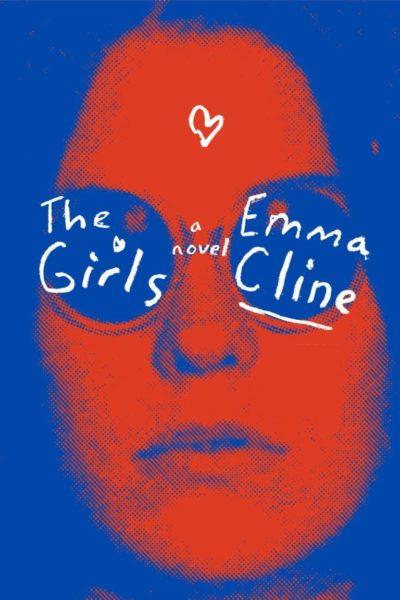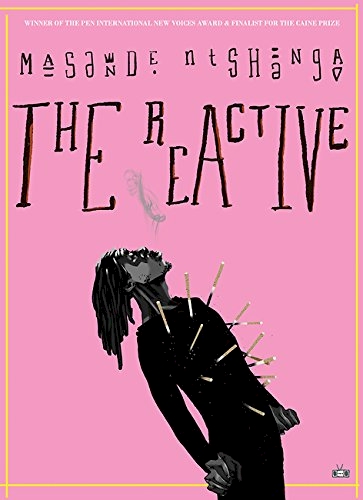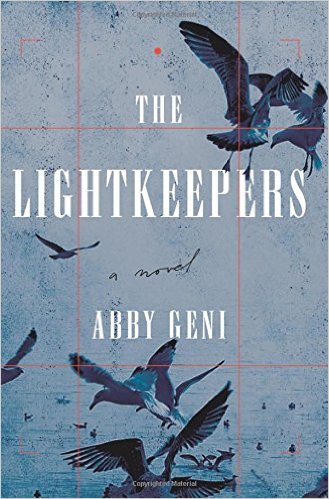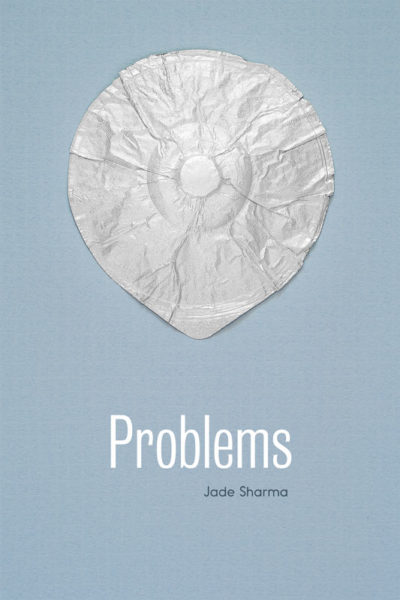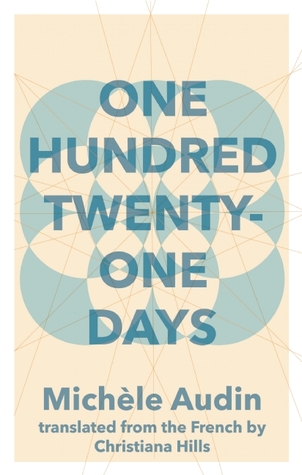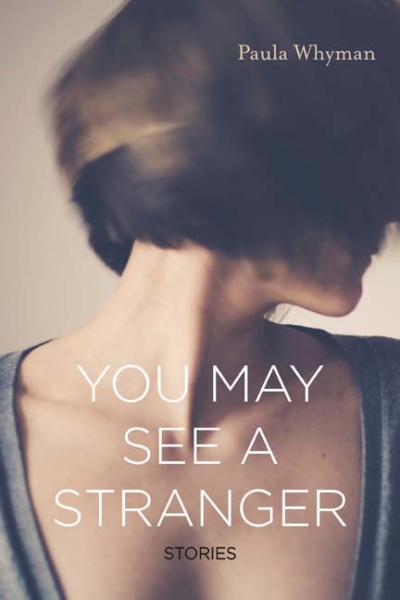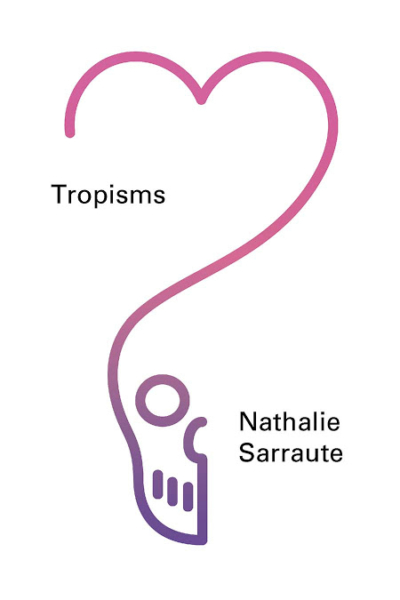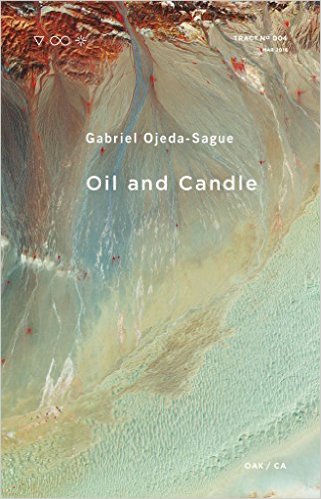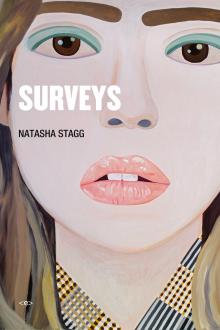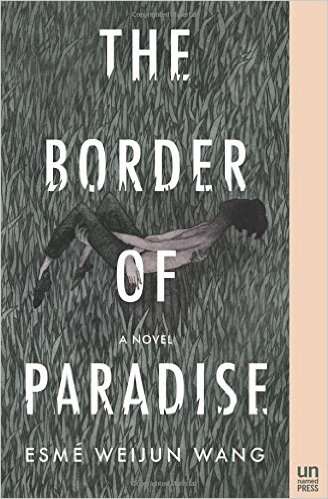Please take a moment to appreciate the perfection of the phrase “cuff of trapped blood.”
The Reactive – Masande Ntshanga
He is an HIV-positive person for whom HIV is operating, surely, as a metaphor.
The same non-intervention the biologists practice on the island — not to leave a human mark on the fragile ecosystem and thus to merely observe, even when a baby animal is dying and could be saved by a small push in the right direction — is extended towards each other.
PROBLEMS is hypnotic and dank, an intimate gurgle from a person to whom you have become so endeared you decode it. And you know it’s beautiful.
One Hundred Twenty-One Days – Michèle Audin
In fact, the historian admits defeat.
You May See A Stranger – Paula Whyman
While I was reading YOU MAY SEE A STRANGER by Paula Whyman, I kept thinking about Carrie Bradshaw and my adventures in accidental homewrecking, and how Whyman’s protagonist Miranda Weber is, on paper, an utter mess in a way even Carrie would never let herself be.
Seventy-seven years later, Sarraute’s writing continues to unnerve and interrogate our readerly expectations.
Oil and Candle – Gabriel Ojeda-Sague
Gabriel Ojeda-Sague describes and deploys ritual forms in order to undo the obscuring magic of privilege.
Stagg knows her strengths as a storyteller and continues to tell the story with lots of dialogue and minimal interiority instead of resorting to numbers, or to the pristine artifice of online forms such as screen-caps and chats.
The Border of Paradise – Esmé Weijun Wang
Consider THE BELL JAR and GIRL, INTERRUPTED. Esmé Weijun Wang’s debut novel THE BORDER OF PARADISE is a different kind of narrative about mental illness.


